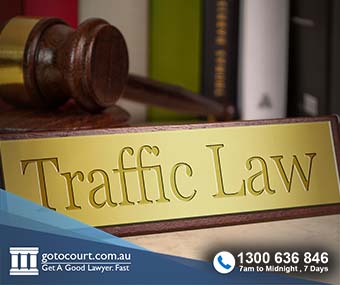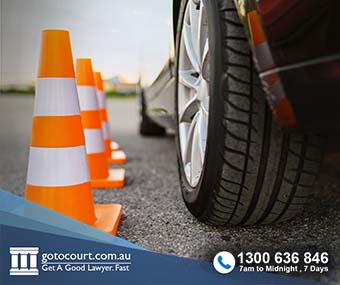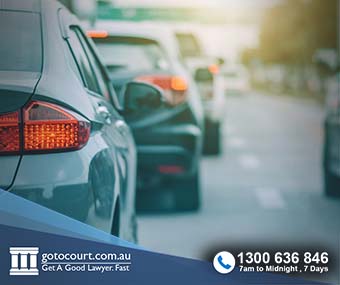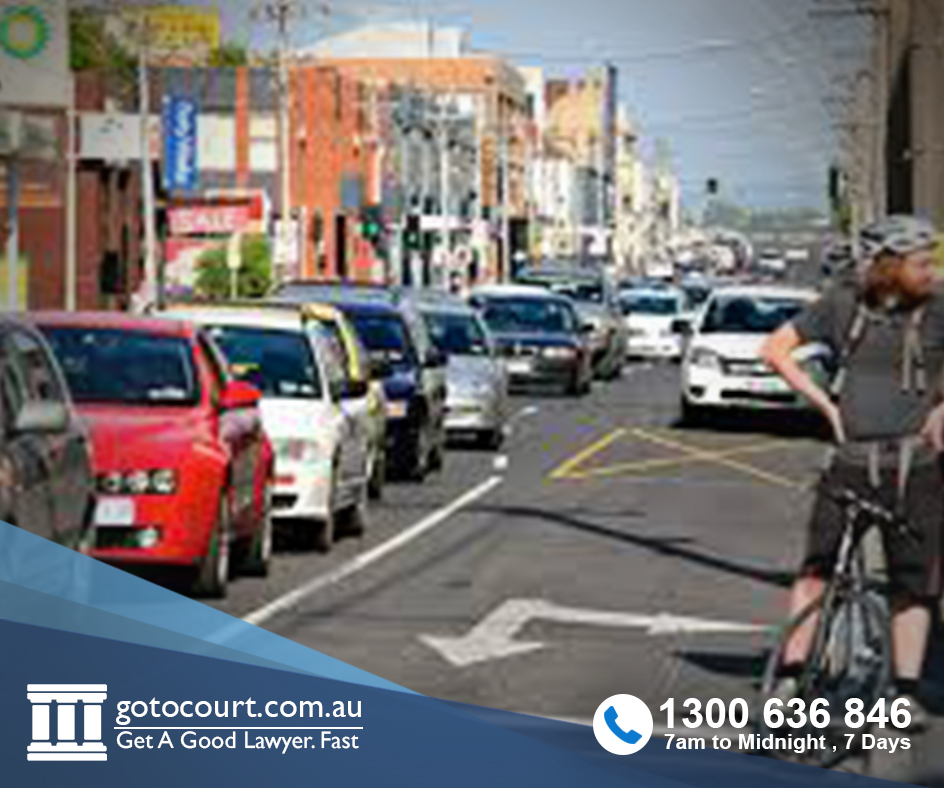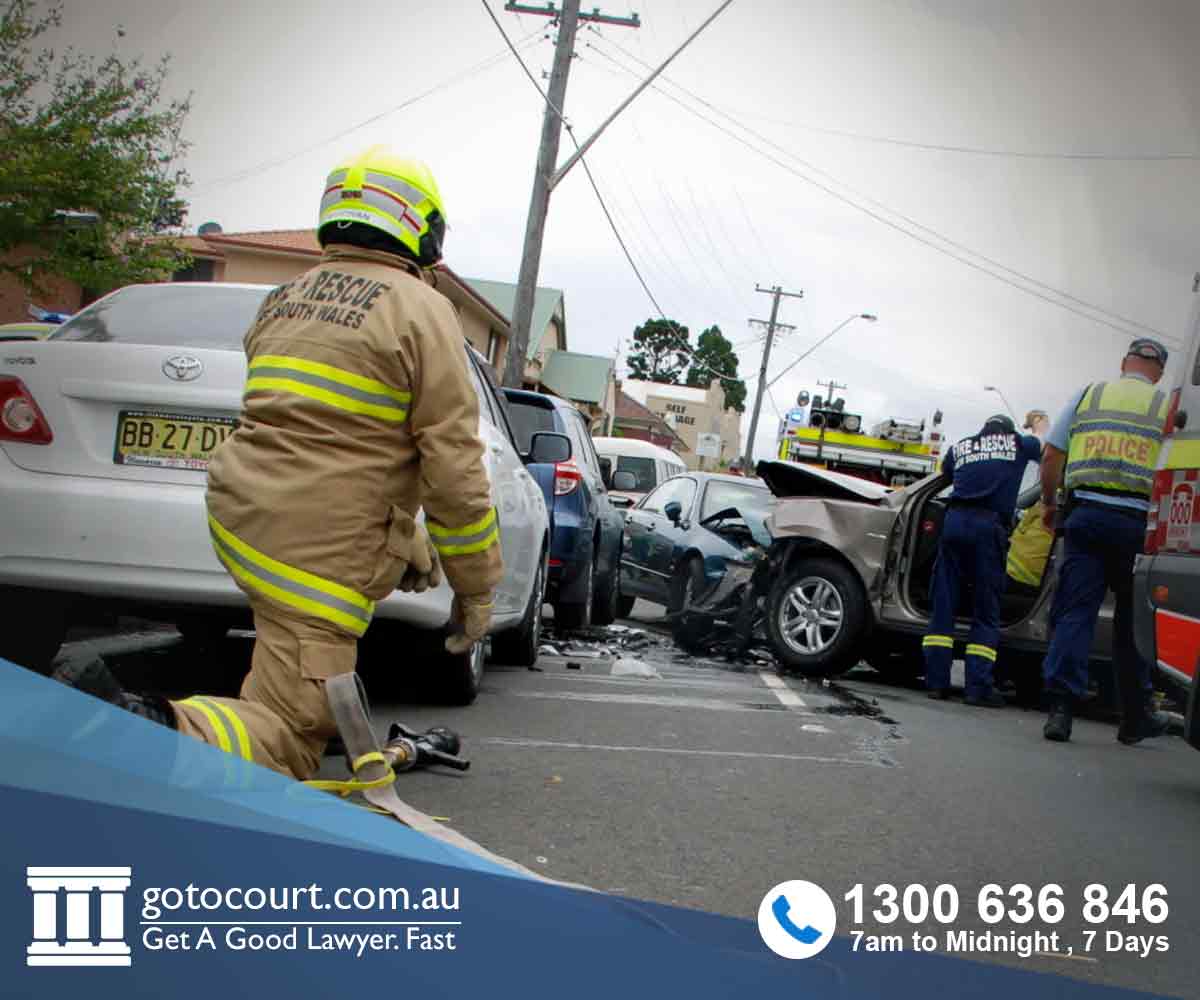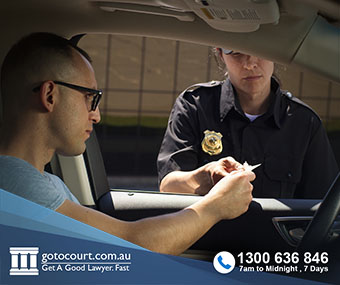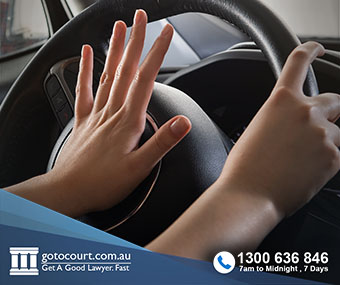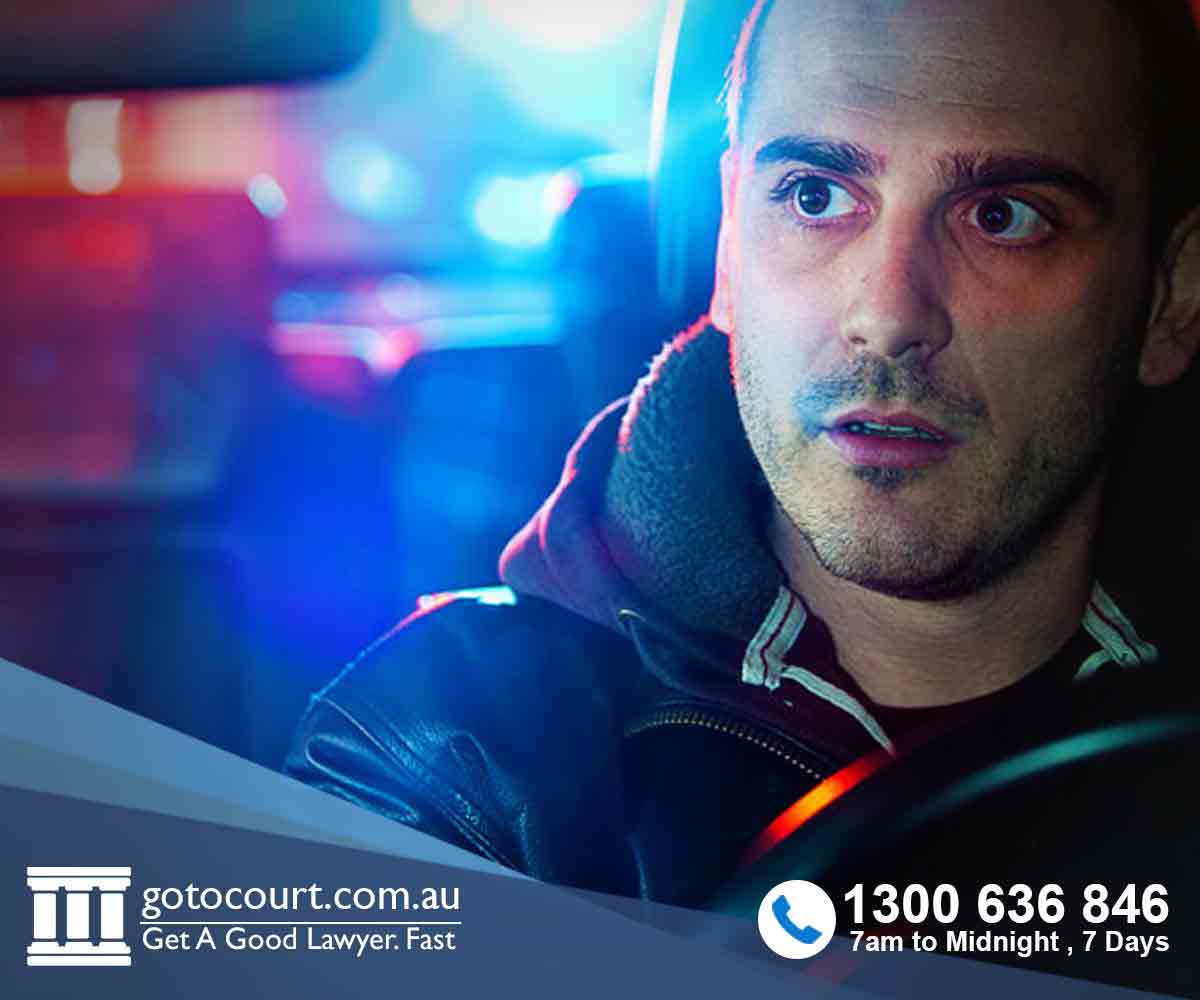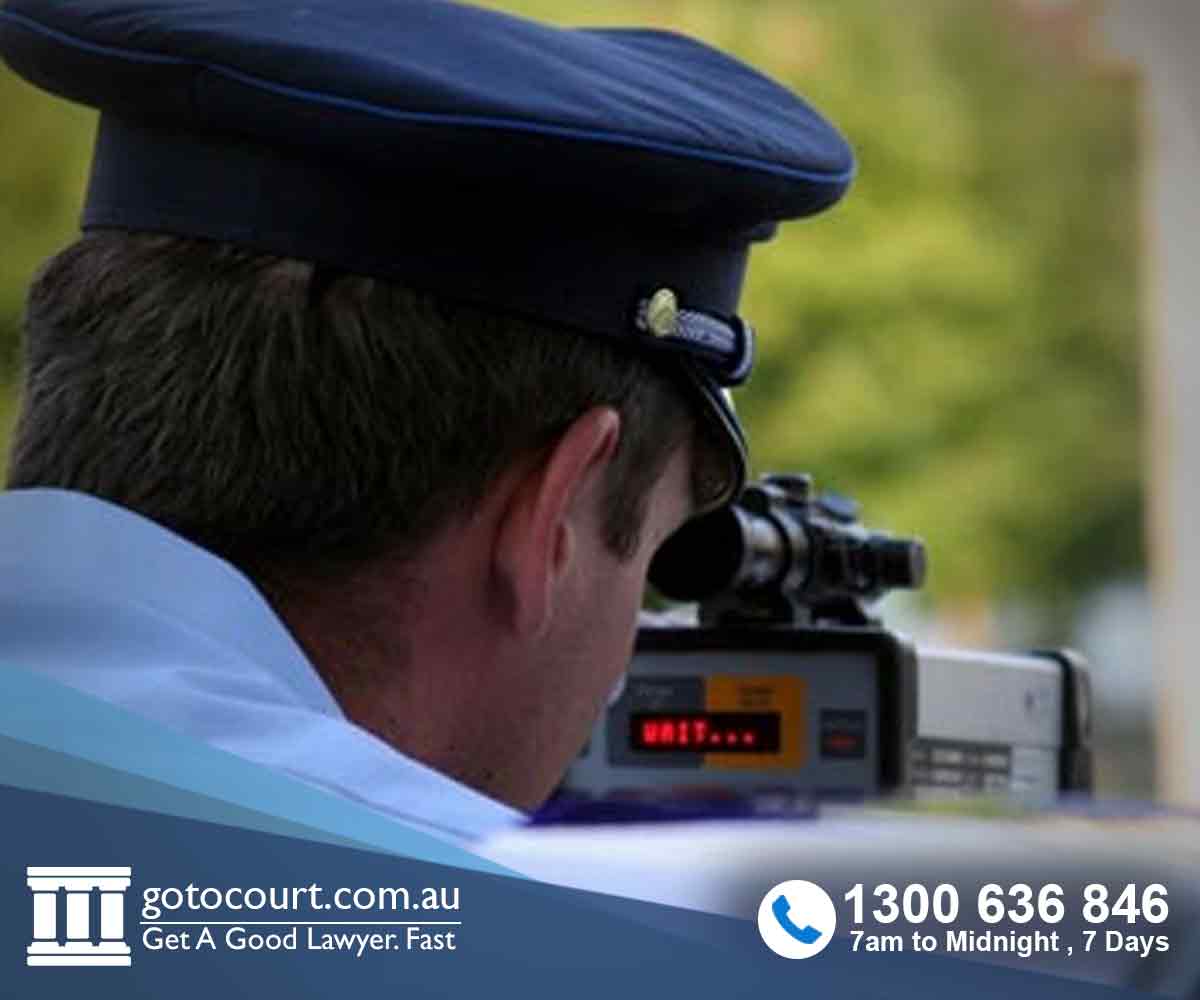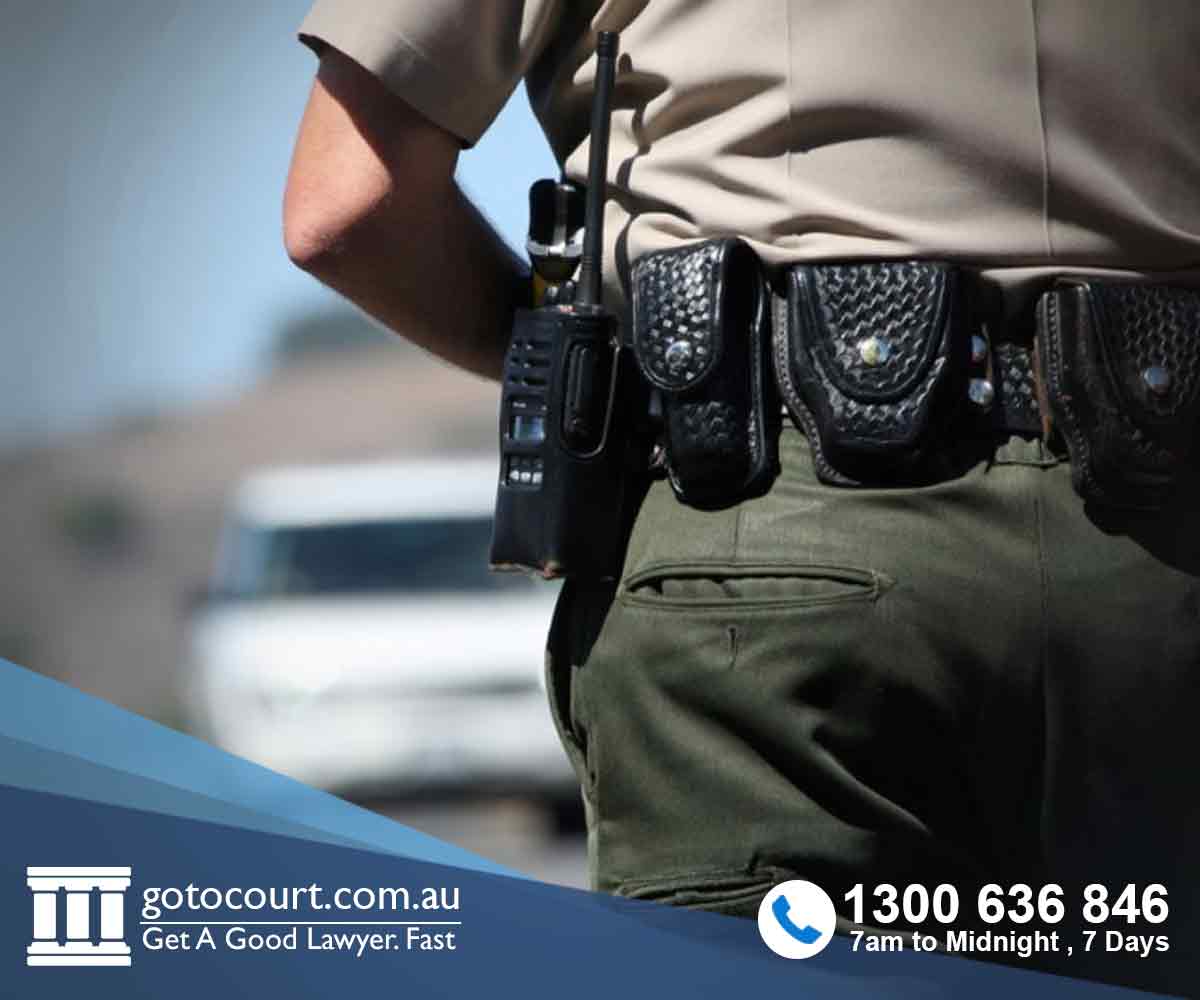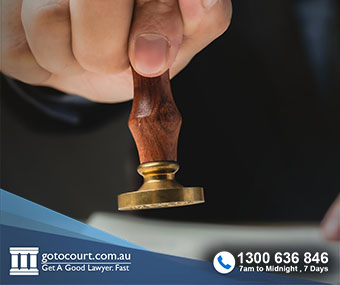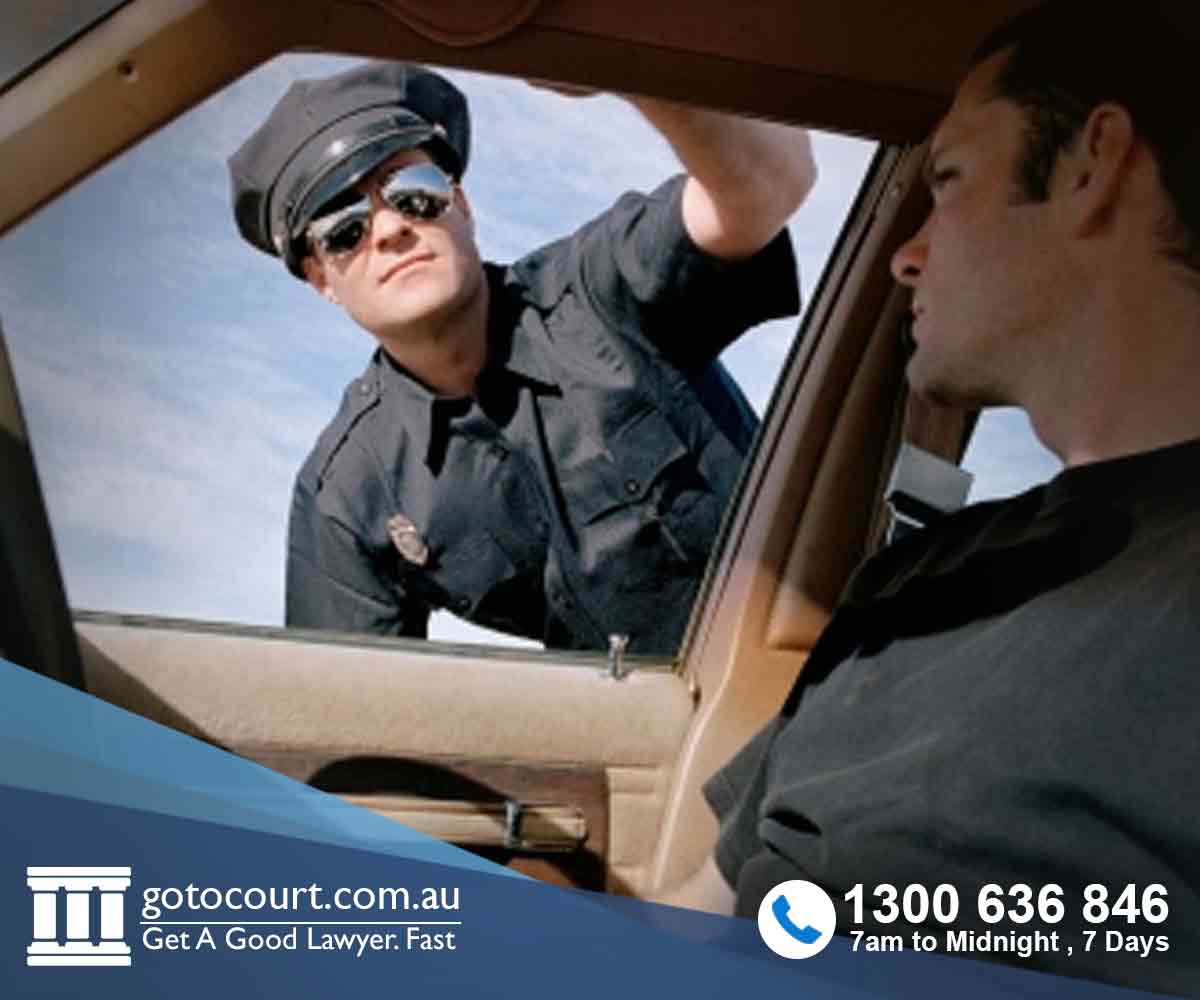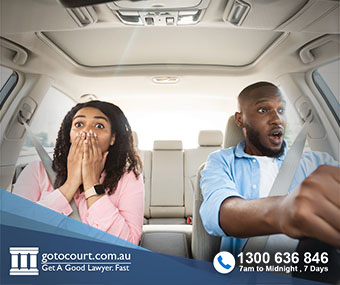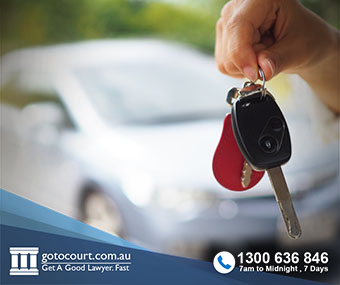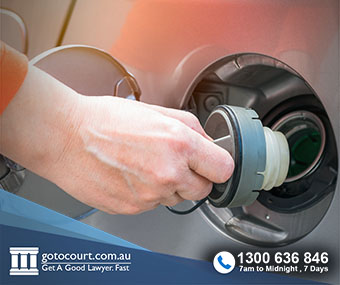Call our lawyers
now
or,
have our lawyers
call you
Impoundment and Immobilisation of Vehicles (Vic)
Updated on Nov 04, 2022 • 5 min read • 547 views • Copy Link
Impoundment and Immobilisation of Vehicles (Vic)
Under the Road Safety Act 1986, Victorian courts have the power to order that a vehicle be impounded, immobilised or even forfeited, if certain traffic offences have been committed in it. Offences that can result in impoundment or immobilisation of a vehicle include driving under the influence of drugs or alcohol, driving at a dangerous speed, or driving unlicenced or suspended where the offender has previous convictions for this. Vehicles can also be impounded for careless driving on a highway, making unnecessary noise or smoke and failure to stop at a tram or train crossing. These offences all have associated penalties that apply, in addition to any order for the impoundment or immobilisation of the vehicle. A person may also have their car impounded or immobilised due to offences committed in the vehicle by another driver.
What happens when an order is made for impoundment or immobilisation?
When a person pleads guilty or is found guilty of a relevant traffic offence, the court may make an order that the vehicle be impounded, immobilised or forfeited if it considers this appropriate. Police may apply for an order for impoundment or immobilisation of a vehicle at any time after the offender is charged but no later than 28 days after the date of sentencing (Section 84U(2)).
When a vehicle is impounded, it is moved to a holding yard and detained there for the duration of the period ordered. When a vehicle is immobilised, it is rendered undrivable by wheel clamps, steering wheel lock or other means for the duration of the period ordered. When a vehicle is forfeited, the owner must surrender it permanently.
How long is the vehicle impounded or immobilised for?
A first-time offender may expect that the vehicle be impounded or immobilised for a period of 30 days. However, subsequent offences will result in an increase in the duration of the impoundment or immobilisation period. A second time offender may expect to have the vehicle impounded or immobilised for between 45 days to 3 months while third time offenders may have the vehicle impounded permanently. It is important to note that people who have been caught driving 70km/h over the speed limit will automatically be classed as second time offenders.
Appeals against vehicle impoundment
If a person has been charged with an offence and subsequently had their vehicle impounded, they may appeal against the impoundment of the vehicle in the Magistrates’ Court. Under the Road Safety Act, orders for the impoundment or immobilisation of vehicles can be overturned on the basis that they are causing or will cause exceptional hardship to the applicant or to any other person (Section 840).
Employment-related hardship
If the exceptional hardship relates to the applicant’s employment, then it must be established that;
- Driving the impounded vehicle is essential (not merely convenient) for the person’s employment; and
- No other transport is available to the applicant’s place of employment; and
- After reasonable enquiries, the applicant is unable to arrange for another person to drive the applicant to their place of employment.
When considering an appeal based on the above grounds, it is important that you consider all of your alternatives. The fact that a vehicle makes the commute to and from work more convenient will not be enough to persuade a court to release the vehicle.
Relevant factors a person should consider include:
- How far they must travel to and from work, and whether public transport is available;
- Whether their work depends on having a vehicle;
- Whether the vehicle is required to transport, goods, tools, equipment, and whether this can be done in another vehicle or by any other means;
- Whether it is possible to car pool or catch an alternative form of transport to and from work.
Hardship to another person
The court may also order that a vehicle be released on the grounds that its impoundment will cause exceptional hardship to any other person. It is important to ascertain who else uses the vehicle, and for what purposes, to establish whether an appeal may be successful on the basis of exceptional hardship to another person.
For an appeal to succeed on this basis, the court must be persuaded:
- That someone else relies solely on the vehicle; and/or
- That the impoundment/immobilisation will cause exceptional hardship to that person.
Public safety
The court will decide whether to order the vehicle’s release after balancing the hardship experienced by the driver or the other person, with the need to ensure public safety and the risk of the vehicle being used to commit further traffic offences.
Lodging an appeal
To commence the appeal process, the applicant must file an application with the Magistrates’ Court of Victoria (there is no filing fee), and ensure that a minimum of seven (7) days written notice of the application date, location and time is provided to the Chief Commissioner of Police. A failure to comply with this obligation will render the application void and the court will not deal with or determine the application.
On the hearing date you will have the opportunity to explain to a Magistrate how the impoundment or immobilisation will cause exceptional hardship to you or another person. If the court agrees, an order will be made to release the vehicle.
If you require legal advice or representation in relation to a traffic matter, please contact Go To Court Lawyers.


Affordable Lawyers
Our Go To Court Lawyers will assist you in all areas of law. We specialise in providing legal advice urgently – at the time when you need it most. If you need a lawyer right now, today, we can help you – no matter where you are in Australia.How It Works








1. You speak directly to a lawyer
When you call the Go To Court Legal Hotline, you will be connected directly to a lawyer, every time.


2. Get your legal situation assessed
We determine the best way forward in your legal matter, free of charge. If you want to go ahead and book a face-to-face appointment, we will connect you with a specialist in your local area.


3. We arrange everything as needed
If you want to go ahead and book a fact-to-face appointment, we will connect you with a specialist in your local area no matter where you are and even at very short notice.


